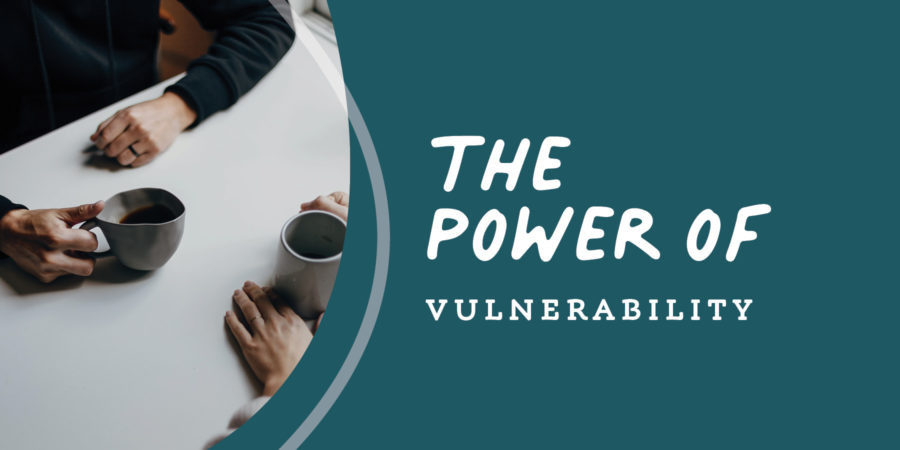If you knew that “being in control” of your lyf’s circumstances was actually making you sick, what would you do differently?
To begin, let’s take a look at the correlation between control and sickness. As we may or may not be aware of, in our everyday attempts to be in control of our lives, we avoid being or appearing vulnerable to give the false hope that we have it all under control. Avoiding this vulnerability through the fear created by denying what we are truly feeling creates an environment of stress. As we know all too well, stress causes mental, emotional, and physical sickness. In short, the act of trying to be in control is actually making us sick.
The reality of lyf is that we actually have very little say in what happens to us, yet we spend every day trying to control every little aspect of our lives. Viktor Frankl, a prisoner who lived to tell the story of how he survived 3 years and 4 Nazi concentration camps during WWII, shared that every aspect of lyf, whether in a concentration camp or on the rural landscapes of midwest America, is out of our control with one exception: the way we choose to respond to our circumstances. With Viktor’s recommendation, we’re asked to take a serious look at the mental, emotional, and physical energy we expend in attempts to be in control.
Beyond the truth that we actually have very little control in our lives, the reality is that it is impossible not to be vulnerable, even while trying to be in control. The uncertainty, risk, and emotional exposure we face everyday is not optional. To test this reality of our uncertainty we must simply answer the following questions:
1) What exactly will happen to you tomorrow?
2) When exactly will you die?
The truth is, we have no idea. For any of us that are alive today, we are all fully and completely exposed to vulnerability through the uncertainty and emotional exposure of everyday lyf. To test the risk and our emotional exposure on a daily basis, answer these simple questions:
1) Do you drive a car? If yes, you are participating in one of the most frequent activities causing injury or death that is known to humans aka high risk!
2) Are you (or would you like to be) in love? If yes, you are at the highest risk for positive and negative emotional exposure.
The simplified equation here is that in an attempt to feel safe, we spend most of our days giving our time, energy, and money in ways to control what we ultimately cannot control. In that futile attempt, we can see the irony in how we actually increase the threat to our very safety that we spend so much of our lives trying to reduce, while ultimately making us less safe and more sick in the process.
So what’s the answer? Quite simply, we can embrace the power of vulnerability. When we choose to be vulnerable and share our authentic truths, we are actually in control of the only aspect of lyf we can control — our response. When we no longer have the fear associated with hiding and avoiding the unavoidable vulnerability of lyf, our bodies don’t need to collect and hold the stress any longer and are free to process the sights, sounds, feelings, smells, and tastes of the beauty of lyf all around us.
Now that we know that being in control is actually making us sick, what is our choice on how to approach vulnerability? Hopefully that choice for you is clear and simple. Embrace the power of vulnerability and feel how much safer and stress free an Authentic Lyf can be!
Lyf Is Short. BE Authentic.
